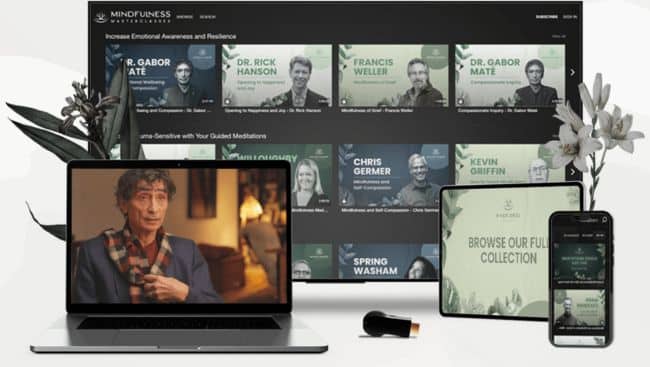Sex, Survival and Social Drives is an essential aspect of the spiritual path. Free mindfulness meditations can increase one's ability to feel and skillfully respond to suffering.
A talk on sex, survival and social drives by Martin Aylward:
I’m giving you a very consistent attention, or we’re endeavoring to give a consistent attention to this elusive experience of being here in our bodies. Elusive, because we’re quite skilled, we’re quite sophisticated in our psychology at creating all kinds of imaginary scenarios. We’re quite sophisticated at abstracting our attention. And of course, that’s a fantastic skill.
It’s maybe important to underline, that in giving all this attention to body, it’s not, in anyway, to be dismissive of the importance of our capacity to conceive, to imagine, to pursue the different things that seems important in life. And yet, we also see that we can be so seduced by that capacity. So seduced by our creations and imaginings that we overlooked the importance and relevance, the depth, the liberating potential of actually learning, actually evolving I would say, our consciousness beyond the capacity of abstraction to a capacity, to actually stay in the heart of experience. So that rather than being fixated on the creations of awareness, we’re able to stay enough to understand something fundamental about the fact of being aware, the fact of our human existence. And as we said, this human existence happens right here.
There’s no experience other than body. Incidentally, if that doesn’t seem clear to you, or if you just clearly disagree and you feel like, “Now what? What about this experience.”? If you feel at any point that you think that I’m wrong, or you got some good counter argument, please, feel free to speak out. So, all experience is bodily experience.
Therefore, the emphasis the emphasis on body. Therefore, this consistent attention I’m giving. Therefore, this opportunity, this aspiration to live this possibility of living increasingly, freely, within the body of our experience. Within the body of life. Within this field of everything that arises in our experience.
And so I was reflecting on that just this afternoon. I was thinking about the different kinds of relationship to body that get in the way of us fully and fluidly, and freely inhabiting the body of experience. And, so, I thought, to describe or categorize them a bit, is what we might call biological relationship to body. Alright? The fact that we are a product of human biology and I’ll explain a little more about that on what I mean.
And that’s what I would like to go into this afternoon. And as well, there’s the psychological relationship to body. The ways in which psychologically we’ve taken ourselves to be this one and our various stories and histories about who and how this one is, the ways that our psychological history and their shaping of my story, whoever to me is. That bit that’s very personal. And then there’s also what we might call existential relationship to body, which is the basic, fundamental tendency to see body as thing, to be self as a kind of, self-contained object that’s over here looking at a world that’s over there.
So, over the days, in this afternoon talks, maybe, so this afternoon time of reflections and teachings, we’ll follow that a little bit. But my sense is that maybe, over these days, to unpack a little, types of relationships to this body. So, this afternoon, we’ll look a little bit at what we may call a biological relationship.
So, just by, you know, by being this product of evolution called human being. There’s a certain biological workings of body, alright, we’re to some extent prisoners we might say of our biology. We didn’t decide or organized anything to find ourselves like this. It just seemed to happen. It’s interesting.
We can’t recall the beginning of it. We might have story about the beginning of it. But you can’t recall. Can you remember the beginnings of being human? We just find ourselves here.
We can’t organize how it unfolds particularly, biologically. We’re not in control of our health. We’re not in control of our longevity. We’re not in control of our death. And I think that’s actually an important, helpful reflection, because we can get very tight around our biology.
We can get quite tight trying to impose the illusion of control on our biology. And it’s rather a humbling reflection. And actually, as we go through life, and as we age, and as we’re confronted from time to time by ill health, or as we’re confronted by the loss of those we love through death, we’re confronted by the limitations of our biology. We’re confronted by that humbling effect, that, “Oh, I’m not in control.” This is a human life I’m living.
Human life has certain attributes that I can’t escape. And, our scientific paradigm tells us this human life has evolved and that to be in human biology is sort of a layer on top of a basic mammal biology, which is a layer on top of a reptilian biology.
If you liked this recording on Sex, Survival, and Social Drives and would like to make a direct financial contribution to this teacher, please contact them here: http://www.martinaylward.com/contact/
*** Material on this site is licensed under a Creative Commons Attribution-Noncommercial-No Derivative Works 3.0 License
Find more exercises related to mindfulness with relationships and family here.












